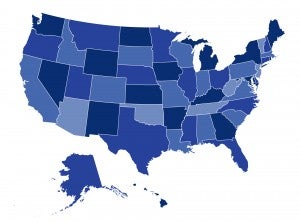Proposed Pre-Verification Process for Special Enrollment Periods: Policy Goals, Potential Impact, and the need for State Flexibility

In the wake of failed congressional attempts to repeal and replace the Affordable Care Act, we turn back our focus on the administration and its approach to the marketplaces. The proposed market stabilization rule would require a pre-verification process for special enrollment periods for all marketplaces, including states operating their own. This move is largely in response to insurer concerns, indicating an interest in working with participating marketplace insurers. But how does this fare with states that have their own special enrollment processes? CHIR’s Sandy Ahn takes a look.




